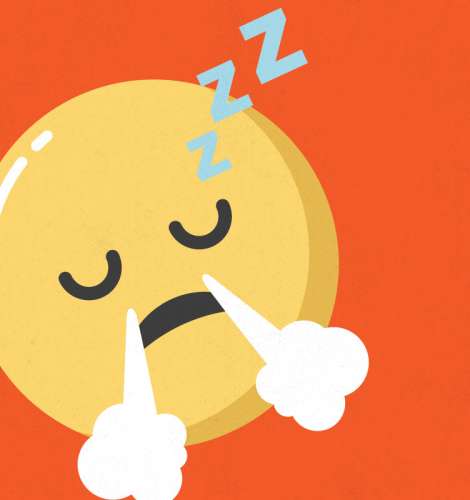New research suggests that sleepiness from a poor night of sleep amplifies anger! This seems to be true in both laboratory experiments as well as in daily real life settings.
Background
Brain affective functions concerned with the emotions, especially those of fear, pleasure, gratification of all kinds, sexuality and jealousy are centered in the most primitive parts of the brain, especially the limbic area which we have in common with many of the other animals.
Sleep is known to be essential to affective function and anger itself involves arousal that can disrupt sleep. Yet little is known about how sleep shapes more specific and contextualized emotional responses such as anger.
The study
To examine the causal role of sleep in anger, researchers analyzed diary entries from 202 college students, who tracked daily their sleep, stressors, and anger over one month.
Results show that individuals reported experiencing more anger on days following less sleep than usual.
The research team also conducted a lab experiment involving 147 community residents. Participants were randomly assigned either to maintain their regular sleep schedule or to restrict their sleep at home by about five hours across two nights. Following these protocols, their anger was assessed during exposure to irritating noise.
The experiment found that well-slept individuals adapted to noise and reported less anger after two days.
In contrast, sleep-deprived individuals exhibited higher and increased anger in response to aversive noise, suggesting that sleep loss undermined emotional adaptation to frustrating circumstance and reduced tolerance.
Subjective sleepiness accounted for most of the experimental effect of sleep loss on anger. A related experiment in which individuals reported anger following an online competitive game found similar results.
Taken together, results from these studies provide compelling evidence that sleep loss amplifies anger and frustration over time in both the laboratory setting and in everyday life. These findings highlight the importance of considering specific emotional reactions such as anger and their regulation in the context of sleep disruption.



